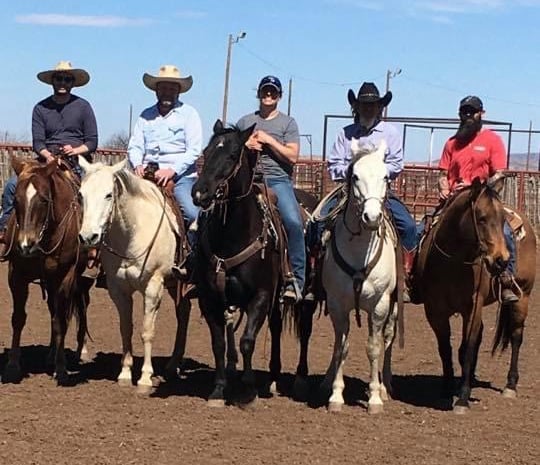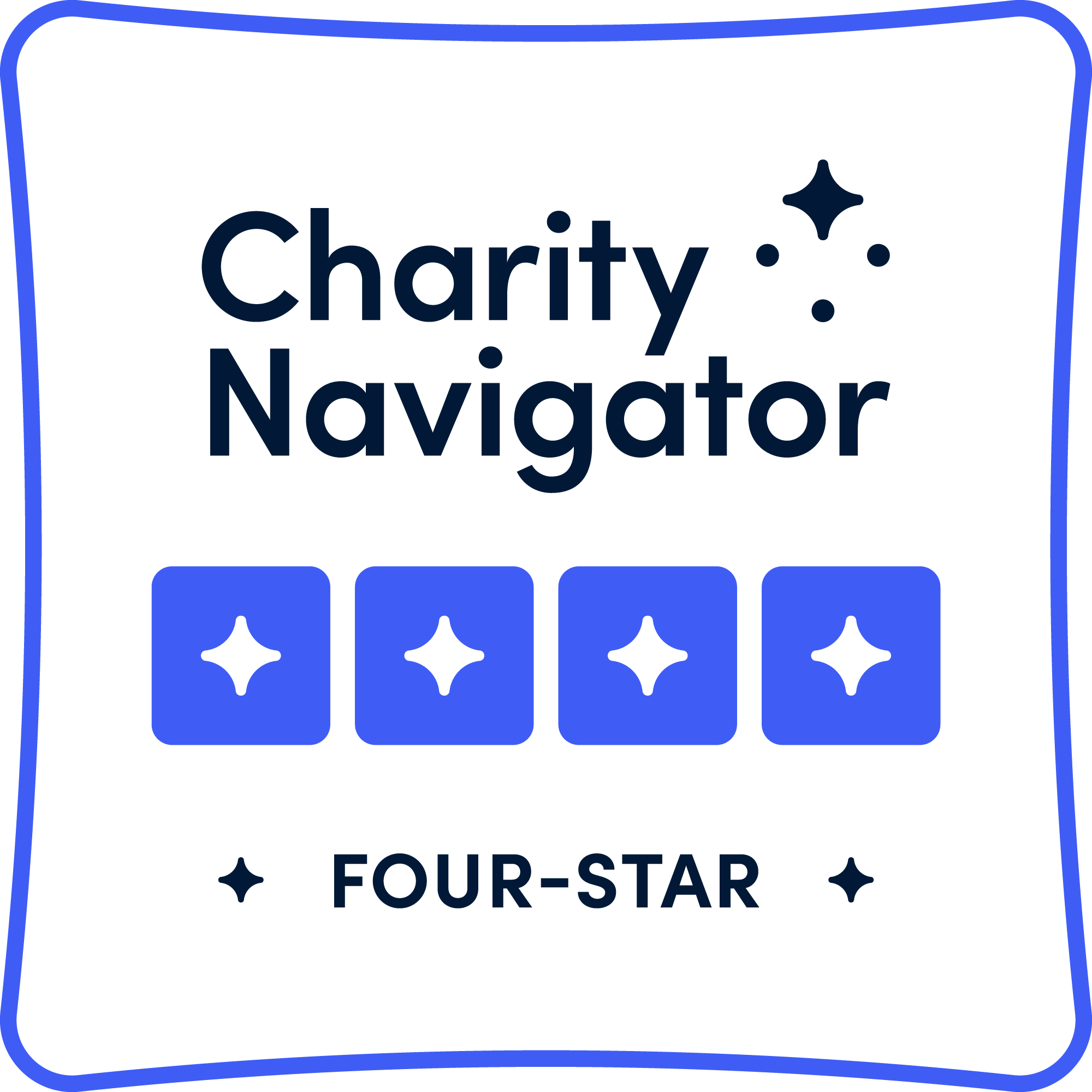How West Texas Counseling & Guidance Serves All Veterans

Finding mental health support and counseling services are challenges for many veterans; those with other-than-honorable (OTH) discharges don’t always qualify for Veterans Administration (VA) benefits, even though many have service-related trauma or mental health conditions. Other veterans may live in treatment deserts, with limited access to doctors and treatment.
West Texas Counseling & Guidance (WTCG), headquartered in San Angelo with outreach centers throughout the Concho Valley, is one organization supporting veterans through these obstacles.
We recently spoke with WTCG Director of Veterans Services Paul Keeton about reducing mental health barriers for veterans, providing evidence-based clinical services, and case management focused on accessing resources.
WTCG has 43 licensed clinical staff trained in treating depression, anxiety, relationship issues, psychosis, anger, trauma, suicide ideation, and addiction. Staff is trained in various therapy modalities, including cognitive behavioral therapy, cognitive processing therapy, and play therapy for children ages 3 to 12.
Three case managers assist veterans with employment, transportation, health care, housing stability, food insecurity, and legal needs.
Serving Everyone
For veterans without an honorable discharge, the VA has varying degrees of benefits. To fill these support gaps, WTCG assists all veterans, regardless of their discharge status.

Discharge reasons have changed in recent years, including policies around sexual orientation, mental health conditions, and the effects of traumatic brain injuries. Further, some veterans with other than honorable discharges may not know they are eligible to receive VA benefits and health care. WTCG helps these veterans with benefits coordination and case management services, as well.
When you become ineligible for VA, it is difficult to get services, including disability compensation, pension, education and training, health care, insurance, and home loans.
“Veterans, family members, and their children are all eligible for [our] services,” Keeton says of WTCG. “We don’t care about discharge; we don’t care about time served; we don’t care about combat status — if you’ve served, you and your family are eligible.”
Accessing Veteran Support and Counseling Services
Cost is one of the most significant impediments to accessing mental health care among veterans not covered by or choosing not to go to the VA for treatment. WTCG covers the costs of therapy for un- and underinsured veterans.
“As we know, finances are a barrier to seeking services,” says Keeton. “Empowering [veterans] to have a choice in providers is one of the larger impacts [on healthcare access].”
The support WTCG received through Bob Woodruff Foundation investments allows them to continue providing outpatient counseling services at no cost to veterans, active-duty service members, and their families.

WTCG connects veterans in Texas and New Mexico with certified counseling services. It also provides veterans with tools to achieve an outstanding quality of life by supplying financial aid, veteran benefits coordination, and peer-to-peer support. But, in many rural places, these services aren’t robust enough to meet the community’s needs.
“Provider capacity is one of the largest [challenges],” says Paul. “We have found our best practice [for] provider capacity is recruiting students as intake specialists.”
Through its intern program, WTGC prepares students with supervision and training for three to five years. As they develop into more mature counselors and become fully credentialed in evidence-based treatments for service members, veterans, and family members, they are encouraged to join WTCG.
All Comes Down to Housing
Some of the most challenging cases WTCG sees are veterans experiencing homelessness. While the total number of these cases may be low, they are the most dire.
“When working with somebody who’s struggling with housing,” Paul explains. “You have a very short time to make an impact. An hour to two to three hours tops before they’re back on the streets, and you don’t know how to contact them. That is certainly one of the largest struggles we see.”
According to the annual Point-in-Time (PIT) count conducted by the VA, HUD, and the U.S. Interagency Council on Homelessness, there were 33,129 homeless veterans in the United States in 2022.
“If you have anxiety but don’t have a roof over your head, therapy is only going to get you so far,” Paul explains. “So, [WTCG] case managers work on those things like housing, food security, and legal issues each week.”
To learn more about West Texas Counseling & Guidance, visit their website.
Through an NFL-BWF Salute to Service grant, we support West Texas Counseling & Guidance’s efforts to help veterans and their families access evidence-based mental healthcare.









